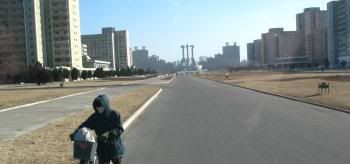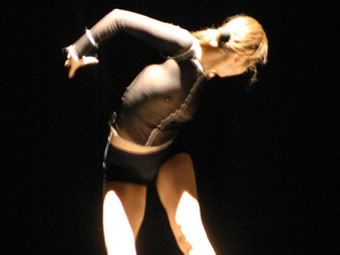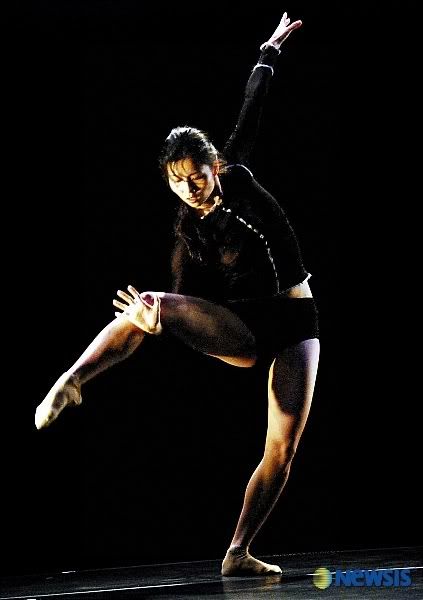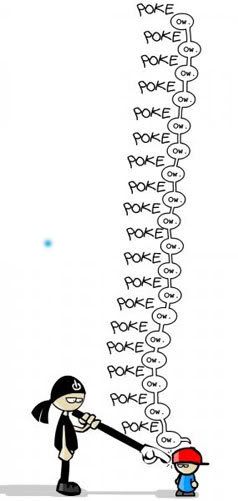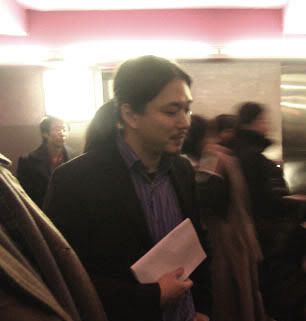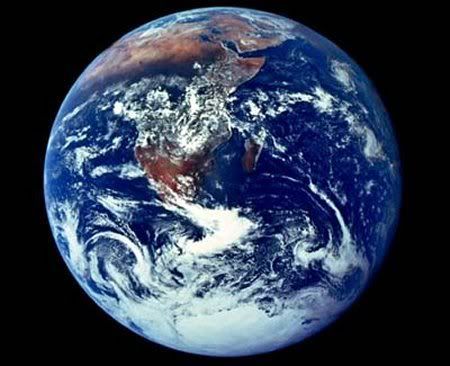
Happy new year!
What will 2008 be like? As is customary at the beginning of a year, most newspapers and magazines are trying to predict the events and personalities that will have an impact on the world in the next twelve months. Daniel Franklin, the editor of The Economist’s special annual publication, The World in..., (since 1986) reflects upon the traditional journalistic exercise of trend-forecasting in an editorial he wrote for The Guardian. There are usually three forms of prediction, or rather, of event, according to the journalist.
The surefire eventsFirst of all, there are events that will definitely take place, one way or the other. Thus, Daniel Franklin can safely affirm that the US presidential election will hit the headlines this year. “China will also be a headline-maker, and not just because [of[ the summer Olympics in Beijing”, but also because “with America’s economy slowing, possibly even contracting, China will be the country that contributes most to global growth next year”.
Similarly, the Financial Times, which boasts “great success in predicting the events of 2007”, assures us that the reality of the power in Russia will remain in the hands of Vladimir Putin, who will step down as president and take the post of prime minister, “given his personal popularity”. Chances are that a constitutional change will transfer more power to the executive branch. As for the Middle East, the paper predicts that “Iran could produce enough material for a nuclear weapon in 2009 at the earliest”, and Iraq will still be a “broken country – broken by dictatorship, war, invasion and occupation. For most practical purposes it already has disintegrated”. The situation will worsen unless there is “a broader rapprochement in the region between Shia Iran and Sunni Saudi Arabia”. When it comes to global warming,"there will be real progress on climate change (...), but it will often feel as if the world is taking a few steps back for every stride forward”.
More trivially perhaps, 08 will be a lucrative year for 007, since it will be the 100th anniversary of James Bond’s creator, Ian Fleming: a book and a film will come out on this occasion. Also, the Chinese will celebrate the Year of the Rat, while the United Nations has declared that 2008 will be the International Year of the Potato.
Speculations and surprises
In the second category of predictions, Daniel Franklin classifies the events about which one can only speculate, at the risk of getting it completely wrong: for instance, China may be the country that will earn the largest number of gold medals at the Games, or a woman will gain access to the presidency of the United States for the first time in history (or maybe not).
This is nevertheless an event that the Wall Street Journal and the Financial Times bet on: “the Democratic nominee [Hillary Clinton] will win the election, so great is the unpopularity of this administration” (Financial Times). Mr. Franklin prophecies another trend for the year 2008 : “America (quelle horreur !) will overtake France to become the world’s biggest consumer of wine.”
Last, there are the imponderables, the unpredictable: terrorist attacks, natural disasters, pandemics, financial crash(es)... “some of these will occur in 2008, making nonsense of the best-prepared scenarios.” concludes Daniel Franklin. We just don’t know what they are. If we did, the predictions game would be far less fun.”
Against the experts in predictions
The forecasting game does not make all journalists happy. In a provocatively entitled article – “If you want to know what’s going to happen in 2008, there are lots of experts who can’t tell you .” – published in The Independent, Dominic Lawson lashes at the motley crew of improvised forecasters solicited by the press at this time of the year. “A couple of days ago, the British writer reports, BBC Radio 4 got its three top men in North America to predict (...) who would be the next President of the United States of America. ‘Hillary Clinton’ said expert No. 1, confidently. ‘Barack Obama’ shot back expert No. 2, with equal conviction. ‘John McCain’ insisted expert No. 3, in a similarly self-assured manner. Anyone for Huckabee? Well, it’s just a game, isn’t it?”
Some papers go even farther and do not hesitate to try their hand at an exercise that reads a lot like experimental or science-fiction. The New York Times fondly remembers an editorial from January 1st 1908, which tried to envision New York and the world as the would be... in 2008. In the same perspective, various people from radically different walks of life were invited to imagine the world in 2108.
Ken Perlin, professor at New York University, believes that “everyone’s eyes will be implanted with tiny displays. All the information we need about the city will be accessible to us without conscious effort”. Less optimistic, choreographer Bill T. Jones thinkts that 2008 will be remembered “as a glorious last hurrah”. By 2108, “we will lose the battle with global warming” and “a nuclear device will be exploded somewhere on the planet”. “The less fortunate will go hungry and some may be crippled, but there will be enclaves of great opulence”.
Admittedly, few (if any) of these predictions are not to be taken literally, they are useful insofar as they help us contemplate a variety of possible scenarios for the future. Whethere or not they should call for further action or contradiction is anyone’s call.
